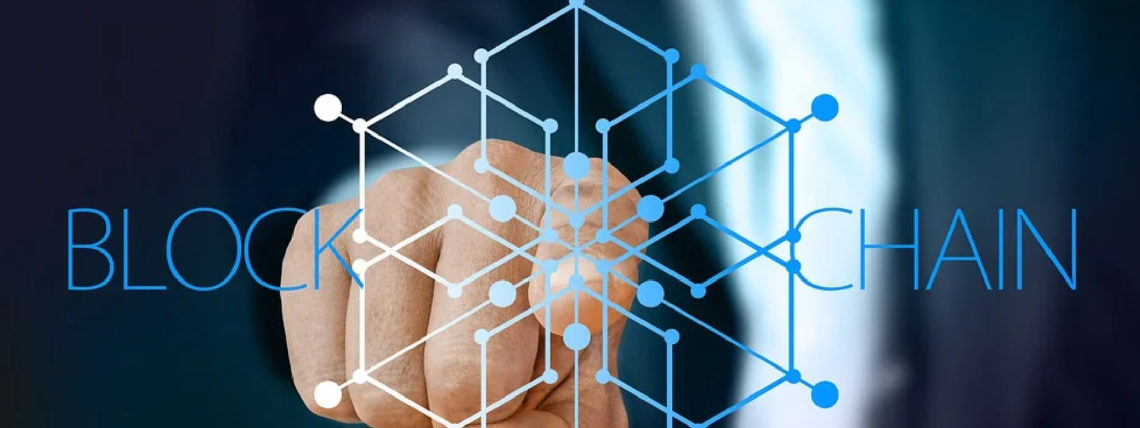- The digitalisation of the trade finance sector is long overdue
- Trade partners require faster processing speeds
- Blockchain technology brings boundless opportunities that can address many current industry challenges
The need to acquire and really process exchange information has never been seriously squeezing – for banks and monetary foundations, however for the corporates, organizations, and other inventory network members they serve.
The purposes behind this are complex. Right off the bat, exchange accomplices require quicker handling speeds, which must be accomplished through a more computerized approach and freedom from paper documentation.
Besides, supply chains are needing security following two years of pandemic interruption. Besides, there is a more noteworthy spotlight on giving reasonable answers for the business’ developing ecological, social, and administration (ESG) prerequisites and assist with tending to the environment crisis.
Blockchain is a likely major advantage
To this end, advanced arrangements, for example, blockchain can have gigantic potential for the
universe of exchange finance. In what is as yet a predominantly manual and paper-based industry, blockchain can give the mechanical foundation to deal with huge amounts of information rapidly, productively, and safely, while associating the different individual partners through a decentralized organization.
Acquiring exchange information that includes both the physical and monetary parts of the production network opens up heap open doors for exchange members. On account of banks, it permits us to give wise, custom exchange finance answers for our clients.
Blockchain innovation additionally permits partners to make computerized biological systems all the more effectively – inside which bank, non-bank, and fintech players can team up to make new arrangements and offer some incentive. Such environments empower further connections and more extensive client cooperations stretching out past what might customarily be banking administrations.
Through blockchain, they can accomplish the enhancement the business has been requesting, prompting more prominent degrees of straightforwardness all through the production network while tending to fundamental time and cost-cutting prerequisites. As far as exchange finance, for example, taking out paper-based cycles might try and further develop relations between parties across supply chains.
The subsequent stage: open blockchain innovation
Making blockchain innovation and information dealing with significantly more open to showcase members is a significant following stage in the advanced development of exchange finance.
For instance, the Marco Polo Payment Commitment was conceived to empower corporates to handle exchange finance in view of computerized information. Interfacing exchanging accomplices and taking part banks through a decentralized stage permits clients to trade and consequently match exchange information, in this manner giving an irreversible installment responsibility from the purchaser’s bank to the provider. The whole effort rejects the utilization of paper archives and makes the course of digitalisation undeniably more available across all gatherings.
ALSO READ: Ripple Notches Another Win
Interfacing inventory network members
Following different pilots and reenactments, Commerzbank went live with its most memorable Marco Polo Payment Commitment exchange in October 2021, joining forces with Turkey’s Isbank and individual German bank LBBW, close by chosen corporate clients. More exchanges followed, exhibiting the capability of this innovation as an elective answer for open record exchanges and letters of credit exchanges.
Blockchain innovation brings vast open doors that can address numerous ongoing industry challenges.
For instance, it is presently feasible for exchange members to interface with beneficial organizations, like stages for electronic records (eDocs) or GPS-based oceanic transportation benefits that can truly follow vessels along their course. The information gathered can make shipping lanes more effective – setting off installments and consistence checks when boats arrive at port and precisely following their fossil fuel byproducts to help supportability and ESG objectives.
Steve Anderson is an Australian crypto enthusiast. He is a specialist in management and trading for over 5 years. Steve has worked as a crypto trader, he loves learning about decentralisation, understanding the true potential of the blockchain.


 Home
Home News
News










